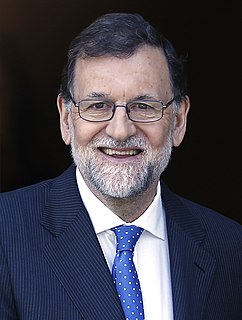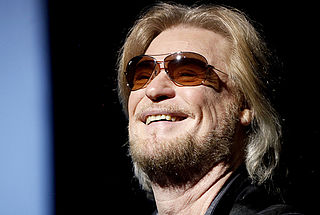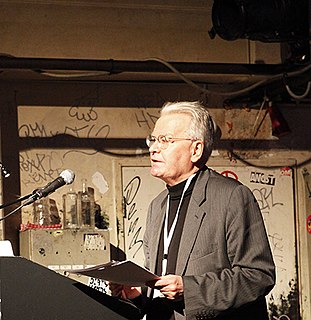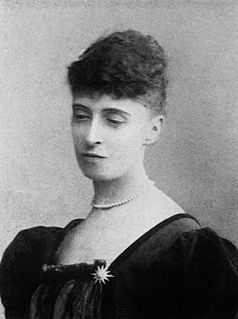A Quote by James Fenton
Modernism in other arts brought extreme difficulty. In poetry, the characteristic difficulty imported under the name of modernism was obscurity. But obscurity could just as easily be a quality of metrical as of free verse.
Related Quotes
While fame impedes and constricts, obscurity wraps about a man like a mist; obscurity is dark, ample, and free; obscurity lets the mind take its way unimpeded. Over the obscure man is poured the merciful suffusion of darkness. None knows where he goes or comes. He may seek the truth and speak it; he alone is free; he alone is truthful, he alone is at peace.
Short attention span is the new avant-garde. Everyone complains that we can no longer intake huge chunks of text. I find that a reason to celebrate. It's something that has deep roots in modernism, stretching from the Futurists' use of typography to Pound's use of ideograms to concrete poetry. David Markson feels particularly relevant now. Twitter is the revenge of modernism.





































